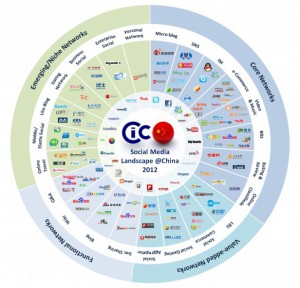China: Special Comment: A day after Premier Wen Jiabao delivered his valedictory address to the National People's Congress, the Communist Party's Organizational Department announced that Chongqing party secretary Bo Xilai had been replaced by Vice Premier Zhang Dejiang.
Chongqing (previously Chungking) is one of five national core cities – with Beijing, Shanghai, Tianjin and Guangzhou — and a major inland industrial center, in southwestern China. The city is a modern metropolis and the municipality has more than 28 million people.
International analysts of Chinese leadership trends, such as those writing for the Financial Times, have provided excellent insight into the misdeeds of Bo that brought him down. All cite his flamboyant, charismatic personal leadership style as out of step with the sober men in dark suits who are the members of the standing committee of the Communist Party Politburo that rules China.
Bo was something of contradiction in modern China. He behaved like a western style grip-and-grin politician, but used authoritarian Maoist, or even imperial, tactics, including torture, to root out organized crime. He is quoted as having said, “If only a few people are rich, then we are capitalists. We've failed.”
Bo seems to have been a true believer. He instituted in Chongqing songfests featuring the revolutionary songs his father, Bo Xilai who was a colleague of Mao Zedong, taught him as a child. As a son of a revolutionary hero, he was on a fast track to higher positions, until a recent scandal gave his factional opponents, including Premier Wen, an excuse to demote him.
For six years, NightWatch has maintained a theory of contradictions that limit China's advancement. The contradictions are longstanding, unresolved issues that work against each other to limit China's potential.
Continue reading “NIGHTWATCH: China Trends”






